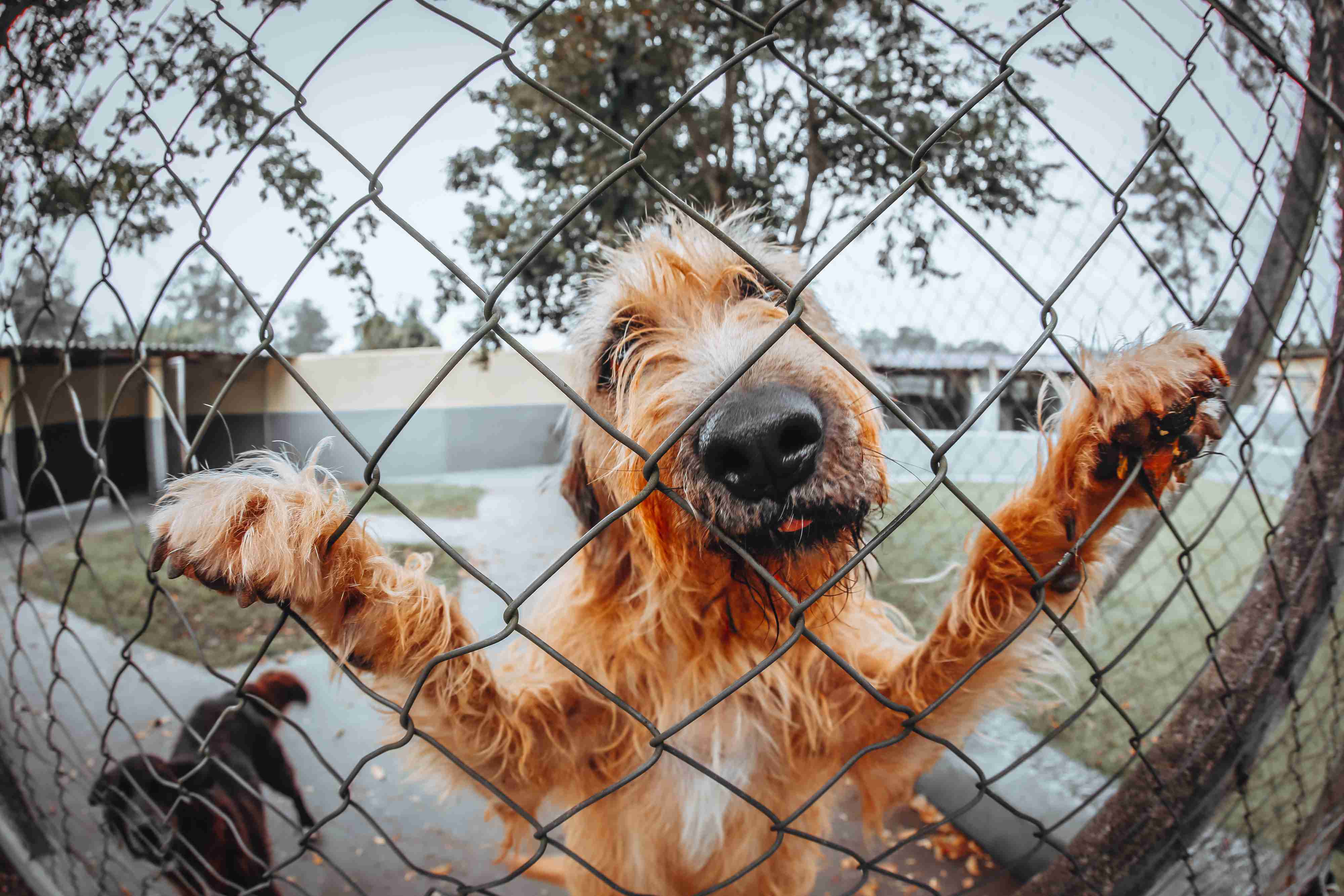If you’re a proud Pitbull owner, you know how important it is to provide your furry friend with a balanced and nutritious diet. However, have you ever wondered if your Pitbull can develop allergies to certain foods? Well, you’re not alone. Many pet owners are concerned about their Pitbulls developing food allergies and the detrimental effects it can have on their health. In this blog post, we will delve into the truth about Pitbull food allergies, unraveling the mysteries behind these canine sensitivities. So, sit back, relax, and let’s explore the fascinating world of Pitbull food allergies together!
Pitbull Food Allergies: Unraveling the Truth About Canine Sensitivities
Pitbulls are known for their strong and muscular bodies, but like any other dog breed, they can also develop allergies. One common type of allergy that affects Pitbulls is food allergies. It’s important for Pitbull owners to be aware of this issue and understand the signs, causes, and potential solutions for their beloved pets. In this blog post, we will delve into the topic of pitbull food allergies, unraveling the truth about canine sensitivities.
Understanding Food Allergies in Pitbulls:
Food allergies occur when a Pitbull’s immune system reacts to a certain ingredient in their diet. These ingredients can vary but commonly include proteins such as beef, chicken, and fish, as well as grains like wheat and soy. It’s important to note that food allergies are different from food intolerances, which are typically digestive issues rather than immune system responses.
Signs and Symptoms of Food Allergies:
Identifying food allergies in your Pitbull can be challenging, as the symptoms can overlap with other health issues. However, some common signs to look out for include:
 - Copy.png)
1. Itchy skin: If your Pitbull is constantly scratching, biting, or licking themselves, it could be a sign of a food allergy.
2. Ear infections: Frequent ear infections or chronic inflammation in the ears can be indicative of food allergies.
3. Digestive issues: Frequent vomiting, diarrhea, gas, or bloating after eating certain foods may suggest a food allergy.
4. Skin rashes: Redness, bumps, or hives on the skin can be a physical manifestation of a food allergy.
Diagnosing Pitbull Food Allergies:
If you suspect that your Pitbull has a food allergy, it’s crucial to consult with a veterinarian. They will perform a thorough examination and may recommend an elimination diet or a food trial. These diagnostic procedures involve removing potential allergens from your Pitbull’s diet and gradually reintroducing them to pinpoint the specific ingredient causing the allergic reaction.
Managing Pitbull Food Allergies:
Once you have identified the food allergen, the next step is managing your Pitbull’s diet. Your veterinarian may suggest a hypoallergenic dog food, which is specially formulated to avoid common allergens. These diets typically contain novel proteins like venison or duck and easily digestible carbohydrates. Additionally, you should be vigilant about checking food labels and avoiding treats or table scraps that may contain the allergenic ingredient.
Preventing Food Allergies in Pitbulls:
While it may not be possible to prevent all food allergies in Pitbulls, there are steps you can take to reduce the risk. Introduce new foods gradually, one at a time, and monitor your Pitbull’s reactions. Avoid overfeeding your dog and maintain a balanced diet with high-quality ingredients. Regular exercise and a healthy lifestyle can also boost your Pitbull’s immune system and potentially reduce the likelihood of developing allergies.
Food allergies in Pitbulls can be a frustrating and uncomfortable experience for both the dog and their owner. However, by understanding the signs, causes, and management strategies, you can help your Pitbull live a happy and allergy-free life. Remember to consult with a veterinarian for an accurate diagnosis and personalized treatment plan. With proper care and attention, you can ensure your Pitbull stays healthy and thriving, free from the burden of food allergies.
In conclusion, it is clear that Pitbulls, like any other breed, can indeed develop allergies to certain foods. These sensitivities can cause a wide range of symptoms, from digestive issues to skin problems, and can greatly impact the overall health and well-being of our beloved furry friends. By being aware of the common allergens and taking steps to identify and eliminate them from their diet, we can provide our Pitbulls with the best chance at a happy, healthy, and allergy-free life. Remember, every dog is unique, so it’s important to consult with a veterinarian if you suspect your Pitbull may be suffering from food allergies. Together, we can ensure that our Pitbulls receive the care and nutrition they need, while keeping them safe from the discomfort and complications of food allergies.


%20-%20Copy.png)
.png)
.png)
%20-%20Copy.jpg)

.jpg)
.jpg)